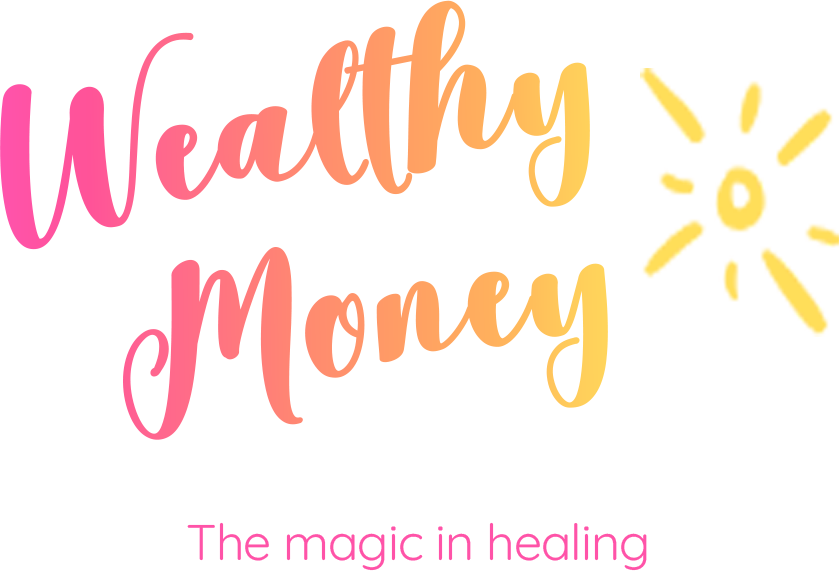Should You Pay Off Debt Or Focus On Saving?
Last week in the Money Magicians group during #QandAThursday, I was asked 2 questions:
1. When it comes to paying myself first. Do I do it even when I don't get enough money to cover my expenses?
2. Debt vs investment. What do you do first - pay off the debt or start investing? How do you start investing when you have high interest debt?
I always get asked these questions in different ways, and I understand where they comes from - they come from the belief that we don't have enough money and we have to choose between investing our money and paying off debt.
What if we don't have to choose between saving and paying debt?
What if we need to change our thinking about money?
I tell all my students and coaching clients that it's never about the money - it's about almost everything but the money!
Stick with me here okay.
Money is one resource and one way to make things happen.
When I was heavily in debt, US$60,000 (ZAR700,000) to be exact and earning a minimal salary, I had to rethink my strategy on how I would become debt free.
So instead of of saying - I don't have enough money to save and pay off debt, I asked myself: How can I still save and pay off debt consistently with the money I make now?
I changed my way of thinking and changed the way I looked at my salary and sat with that question until I found an answer that felt right in my body.
Here are 4 things I did to save and pay off debt:
1. I drew up a debt repayment plan and called up all my creditors to renegotiate early payment discounts for the small debts and renegotiated lower monthly payments for the bigger debts
2. I re-looked at my budget and determined to fall in love with my bank account by changing my spending habits without frustrating myself (join the Fall In Love With Your Bank Account Challenge to learn how)
3. I got a part time job so I had 2 incomes from my business and the job and used the business salary to pay all debt and lived off the salary from the job
4. I started investing R200 (US$15-20) a month and grew that amount over time as the debt got smaller and smaller
When saving is optional, we're likely to get back into debt
Having something saved is what helps us get out of debt. Most of us get into debt because we don't have a back up plan to pay for emergencies.
So when we have emergency savings we can use that money when emergencies arise and stay out of debt.
CLICK ON THE VIDEO BELOW TO LEARN MORE
JOIN THE FALL IN LOVE WITH YOUR BANK ACCOUNT COURSE






